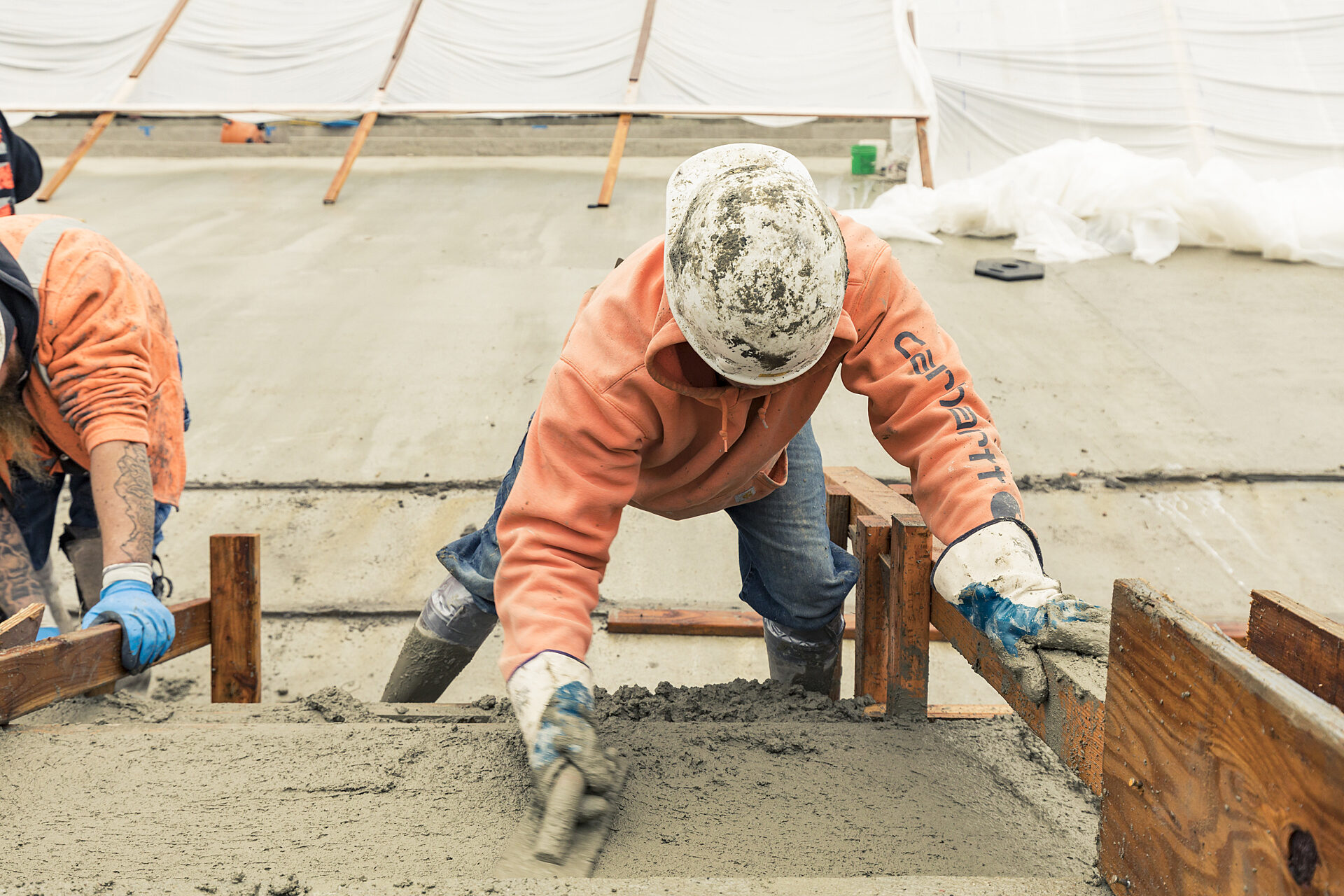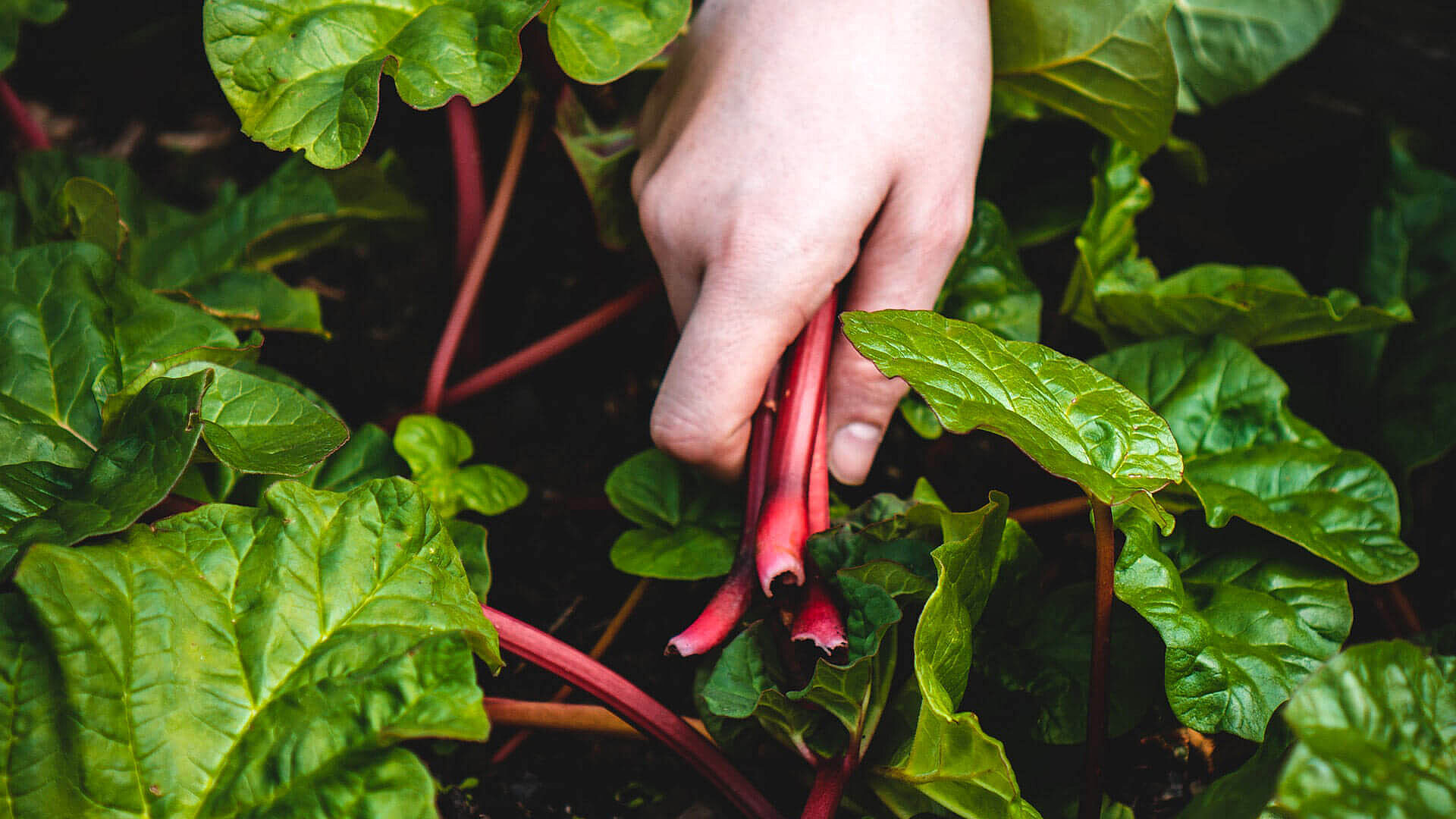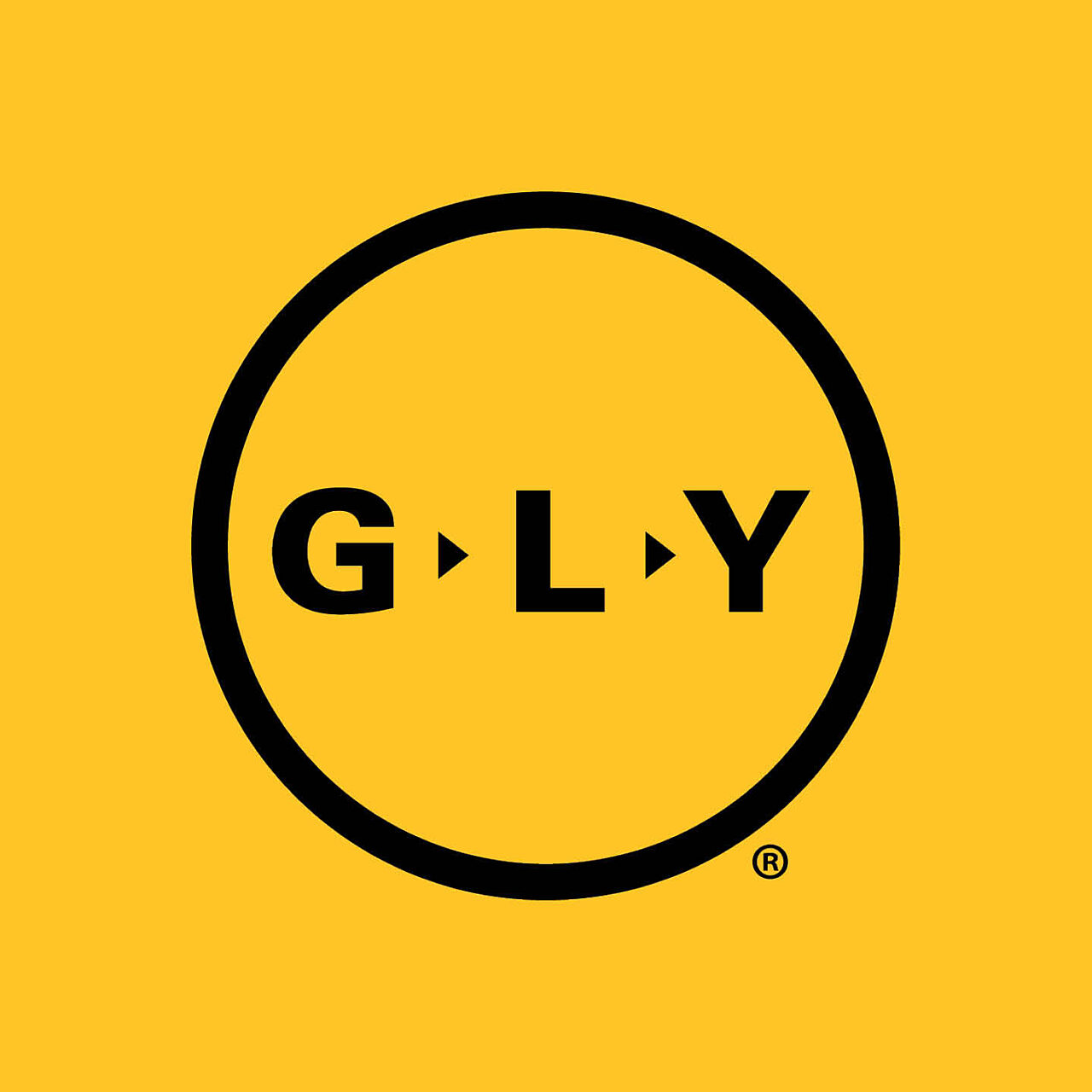Sustainability

News 03.13.2024
Concrete + Carbon Reduction: Challenges, Innovations, and a Sustainable Future
NAIOP WA blog post explores the role concrete and cement can play in reducing embodied carbon in our buildings.
NAIOP WA
External Source


GLY
The statistics surrounding climate change are overwhelming. Without mass buy-in and industry and government commitment to more sustainable practices, our climate’s temperature will continue to rise until it is at a point of no return.
The good news is that it is possible—and it starts with each of us and our everyday habits. The positive impact that would result if everyone made small changes was demonstrated last year, as global carbon dioxide emissions went down by over 6% in 2020 during the onset of the COVID-19 pandemic—simply by people driving and consuming less.
The time to take action is now. Take inventory of your own personal sustainability practices, identify some areas for improvement, and make it happen. As a consumer, we can all make choices that will add up over the course of time—without a pandemic forcing us to do so. Talk to your friends and family. Share ideas and encourage one another on this journey.
Looking for some ideas? We interviewed a few GLY employees to see what sustainable practices they are currently taking, what their next steps are, and what their dreams are for our future.
The time to take action is now. Take inventory of your own personal sustainability practices, identify some areas for improvement, and make it happen.
Track + Donate Food Waste: After learning how much food Americans throw out each year, we took a closer look at our own food waste. In some cases, we were buying items in bulk that we really shouldn’t have! We now buy less and cook smaller portions. If we do have excess items, we donate them to local food banks ahead of expiration.
Reusable Produce Bags: We purchased reusable produce bags for fruits and vegetables as an easy way to reduce waste. We also think twice when grabbing a paper or plastic bag when there are reusable alternatives, such as lunch bags. Sounds simple, but daily use of disposable bags adds up—we did the calculations!

Project Manager Mike Martel plants tree saplings at Bear Creek Park. GLY adopted the park in early 2019 with the help of Green Redmond Partnership and Forterra. Photo Credit: Jim Avery.
Compost: We separate organic material in a compost bin. It is the easiest way to limit the amount of trash my house collects and prevent run-off in our community. Seattle has a very easy composting program.
Public Transit: I ride my bike and take the light rail as often as possible. Not only is it better for the environment, it’s much less anxiety-inducing.
Consolidate Vehicles: We have one vehicle for our family of four.
Eco-Friendly Cleaning Products: We use Method and Mrs. Meyers cleaning products because they are packaged with recycled materials and are made of ingredients that are better for the environment. Blueland takes it a step further by providing reusable glass containers and dissolving tablets—no plastic or garbage.
Recycle the Unrecyclable: Did you know that although 75% of America’s waste is recyclable, we only recycle around 30% of it? Recycling is one of the easiest things we can do so my fiancé and I take full advantage. Unfortunately, standard recycling services don’t accept certain materials. To recycle everything we can, we found Ridwell, a service that picks up what we normally think of as unrecyclable: plastic film, bags, and packaging, plastic shipping materials, Styrofoam, batteries, fabric, electronics, lightbulbs, and much more.
Solar Panels: We decided to invest in solar panels for our home. The benefits end up canceling out the cost if you plan on keeping your home for a long time.
Home Gardens: To reduce waste, we started a veggie and fruit garden and discovered how easy it is to grow things we eat on a very regular basis. Our key crops include raspberries, lettuce, tomatoes, and zucchini. I didn’t store-buy any of these last summer!

Senior Marketing + Communications Specialist Janine Pietz uses Ridwell to maximize her recycling efforts...

... and grows her own vegetables to cut back on overall waste.
Mike: My wife and I are starting a fruit, vegetable, and herb garden. This will encourage us to increase our composting and harvest rainwater for watering.
Jackson: I hope to rely solely on my bike or public transit for all of my commuting.
Adam: We would like to replace our car with an electric vehicle [EV].
Janine: Harvesting rainwater! We also have one EV and hope to swap our RAV4 with another one in the next year.

Blueland's plastic-free cleaning kits use reusable glass bottles and dissolvable tablets, providing an eco-friendly option for everyday hand soap and household cleaning products.

Design Engineer Adam Stoeckle enjoys the beautiful Kubota Garden with his children. He hopes that parks and gardens like this one remain as clean as possible for generations to come.
Mike: My wife and I are starting a fruit, vegetable, and herb garden. This will encourage us to increase our composting and harvest rainwater for watering.
Jackson: I hope to rely solely on my bike or public transit for all of my commuting.
Adam: We would like to replace our car with an electric vehicle [EV].
Janine: Harvesting rainwater! We also have one EV and hope to swap our RAV4 with another one in the next year.

Project Engineer Intern Jackson Reid mountain bikes in Moab, Utah.
Movies/Documentaries: 180 Degrees South, Planet Earth, Kiss the Ground, Ken Burns National Parks